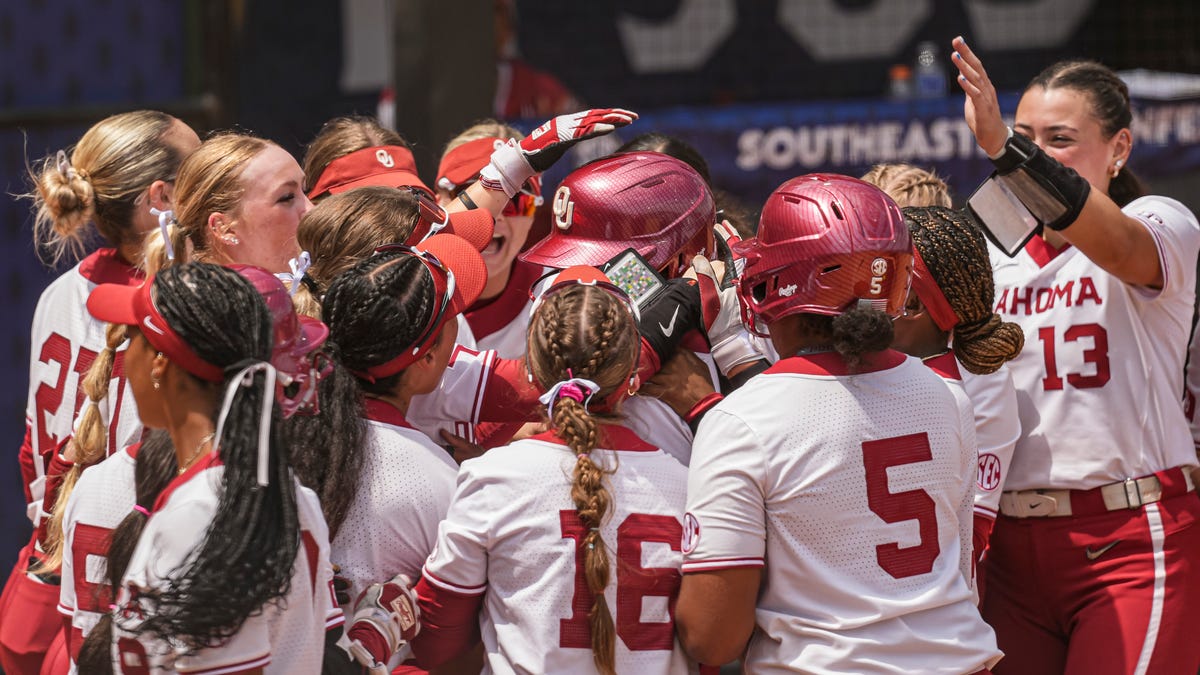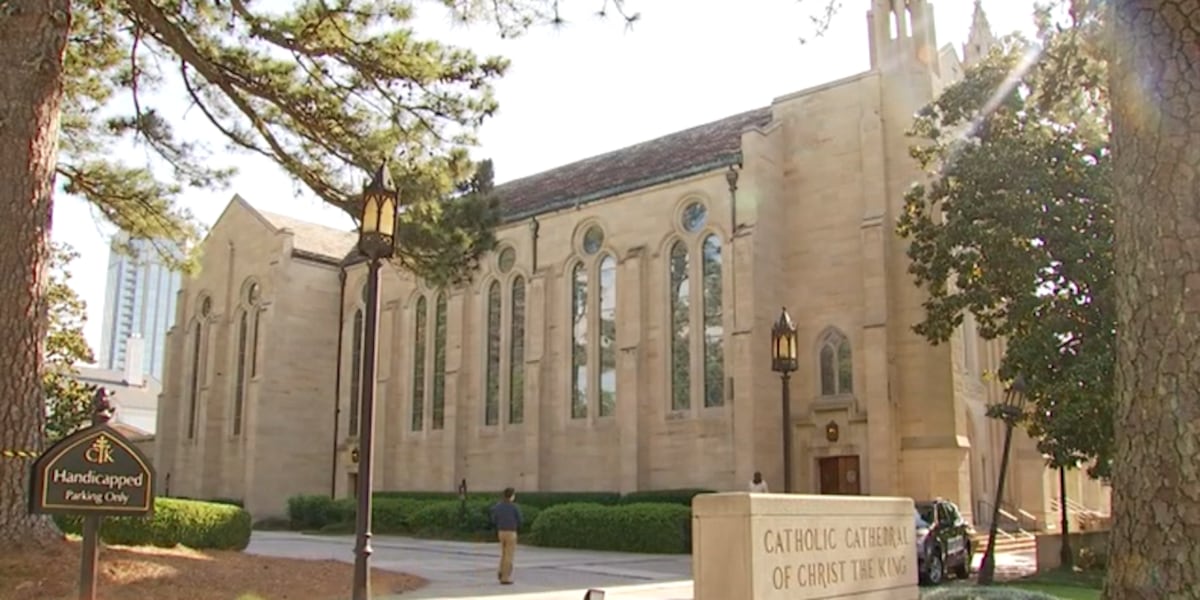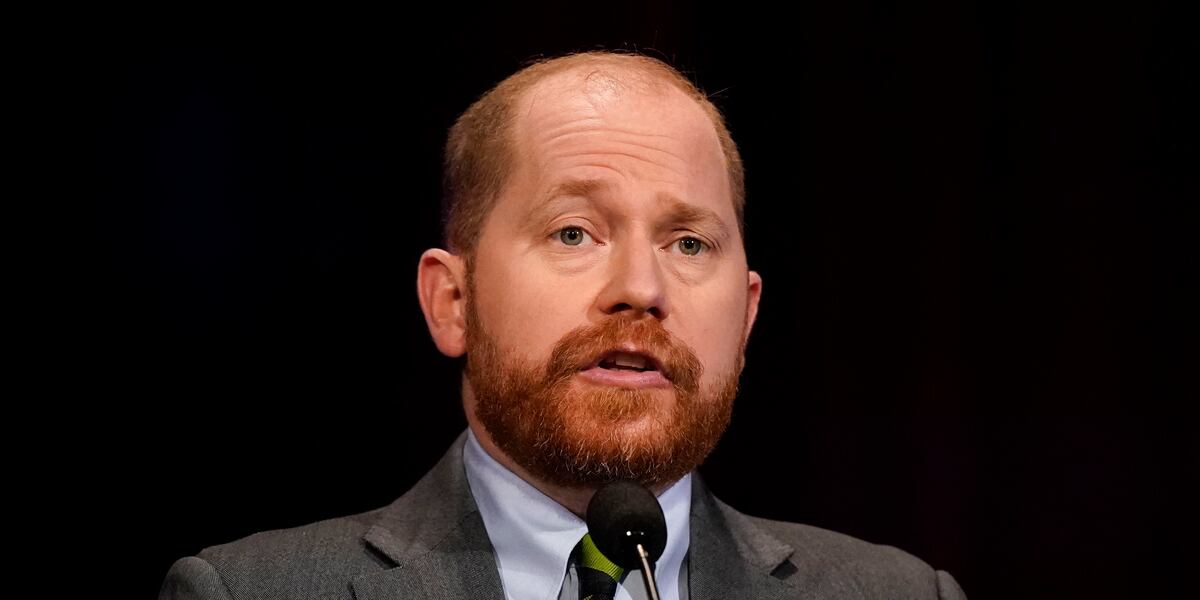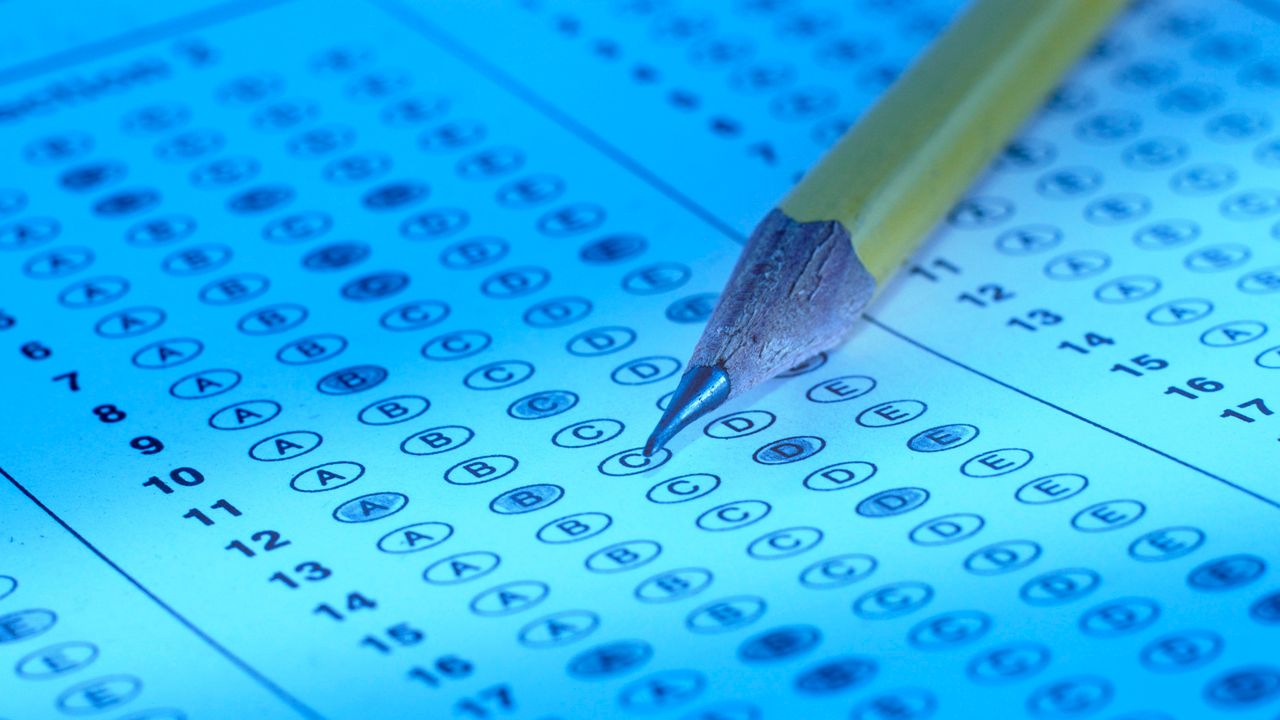Georgia
‘Vile’: Georgia leaders slam antisemitic incidents

Georgia lawmakers denounced antisemitic protests seen in at least two Jewish places of worship, as well as antisemitic fliers in the state over the weekend.
“There is absolutely no place for this hate and antisemitism in our state,” said Gov. Brian Kemp in an online statement. “I share in the outrage over this shameful act and stand with Georgians everywhere in condemning it. We remain vigilant in the face of these disgusting acts of bigotry.”
The news comes just a few months after the Anti-Defamation League (ADL) found that antisemitic incidents surged to historic levels in 2022. The U.S. saw a total of 3,697 incidents reported across the nation in 2022, the highest level of antisemitic activity since the ADL started keeping records in 1979, according to the organization.
Cobb County Police say 11 protesters targeted Chabad of Cobb, a synagogue and Jewish community center. In footage of the protest, captured by ABC affiliate WSB-TV, protesters could be seen waving Nazi flags in front of the community center and shouting hate speech.
Leaders of Chabad of Cobb say they are working closely with county officials and law enforcement to ensure the safety of their patrons. Cobb County Police officials say the protesters are believed to be part of a small affiliation from various states across the U.S.
“Ultimately, we must remember that the most potent response to darkness is to increase in light,” said Chabad of Cobb in a statement. “Let’s use this unfortunate incident to increase in acts of goodness and kindness, Jewish pride and greater Jewish engagement.”
Temple Beth Israel, a synagogue in Macon, Georgia, was also the target of an antisemitic protest, with demonstrators allegedly shouting obscenities and hate speech.
Temple Beth Israel’s Rabbi Elizabeth Bahar said the community will continue to “stand united against hatred and bigotry in all of its forms. We reject the poisonous ideologies which seeks to divide, and instead celebrate and embrace the timeless teachings of our faith.”
Bahar continued, “Antisemitism is not a new phenomenon. It pains me greatly that today in Middle Georgia we have been forced to confront it twice,” referencing the distribution of suspicious antisemitic packages and hate messages in the town of Warner Robins, Georgia.
Warner Robins Police confirmed the presence of such packages, which they say have similarly been seen in other cities across the U.S.
Local leaders, including Sen. Raphael Warnock and state Rep. Esther Panitch, spoke out against antisemitism in response to the protests.
Panitch, Georgia’s only Jewish legislator, who sponsored a bill to define antisemitism in state law, applauded community members who counterprotested against demonstrators.
“Once again, white supremacists have shown themselves to be the bottom feeding haters they have always been, not contributing to society but only seeking to destroy,” she said in a tweet. “Protesting on the Sabbath at a synagogue and summer camp for Jewish children couldn’t be more vile.”
“Yesterday we saw antisemitism on display in Macon, and now in metro Atlanta. This has got to stop,” said Sen. Raphael Warnock in a tweet.
“Praying for our Jewish community in Georgia and beyond. We must all raise our voices loudly against this vile hate.”

Georgia
North Georgia school bus crashes into tree, injuring students on board, district says
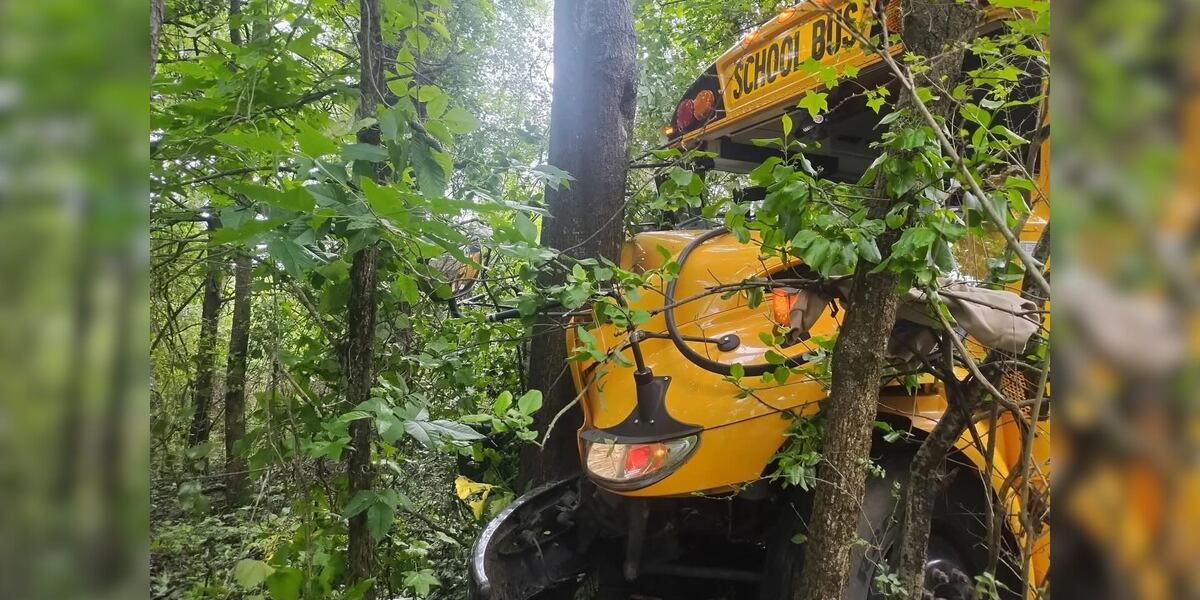
ATLANTA, Ga. (Atlanta News First) – Several children were taken to the hospital after a Jackson County school bus crashed into a tree Monday afternoon.
According to the school district, five students were taken to the hospital to be treated for injuries. All the other students on the bus were reunited with their families.
One parent shared photos on social media, writing “My daughter’s school bus, with my daughter on the bus, was in an accident today. I want to thank God my baby girl walked off without a scratch or a bruise.”
The condition of the injured students is not known at this time.
The Jackson County School System said no further information will be released as the crash is under investigation.
This is a developing story. Check back with Atlanta News First for updates.
Copyright 2025 WANF. All rights reserved.
Georgia
Where is Alabama baseball in polls after upsetting Georgia? What damage did Bulldogs take?

Alabama baseball beat out the flood this weekend and received a boost in the polls as a reward.
After a down pouring of runs against Georgia in the opener on Friday and the monsoons that ensued, the Crimson Tide clinched its last home SEC series of the regular season against the Bulldogs, who dropped two spots to No. 8 in the latest Coaches Poll with their first series loss to Alabama since 2015.
Going 2-1 on the weekend, Alabama moved from No. 20 to No. 16 in the country, which plays in favor of the program’s hopes to get back in Sewell-Thomas Stadium during the NCAA Tournament.
Before the regular season comes to a close, Alabama has to make the trip to Florida, and the Gators will be coming in hot after moving up 11 spots into the poll at No. 21 after taking the weekend series against No. 1-turned-No. 3 Texas.
In other polls, Alabama is ranked No. 18 by D1Baseball and moved from No. 12 to No. 8 in RPI.
Here’s a look at how the Top 25 stacks up as of Monday.
Where is Alabama baseball in polls after upsetting Georgia?
| Rank | Team | Record | PTS | 1st | Prev | Chg | Hi/Lo |
|---|---|---|---|---|---|---|---|
| 1 | LSU | 40-12 | 729 | 19 | 4 | +3 | 1/7 |
| 2 | Florida State | 36-11 | 675 | 5 | 3 | +1 | 2/8 |
| 3 | Texas | 40-10 | 646 | 1 | 1 | -2 | 1/14 |
| 4 | North Carolina | 37-11 | 640 | 0 | 5 | +1 | 3/18 |
| 5 | Arkansas | 41-11 | 605 | 2 | 2 | -3 | 1/5 |
| 6 | Auburn | 36-15 | 604 | 1 | 8 | +2 | 6/NR |
| 7 | Oregon | 38-13 | 593 | 1 | 7 | – | 7/18 |
| 8 | Georgia | 40-13 | 544 | 0 | 6 | -2 | 3/9 |
| 9 | Vanderbilt | 36-16 | 499 | 1 | 10 | +1 | 9/20 |
| 10 | Oregon State | 37-12 | 479 | 0 | 11 | +1 | 3/12 |
| 11 | Coastal Carolina | 41-11 | 436 | 0 | 14 | +3 | 11/NR |
| 12 | UC Irvine | 38-11 | 392 | 0 | 15 | +3 | 9/NR |
| 13 | Clemson | 38-15 | 339 | 0 | 9 | -4 | 2/13 |
| 14 | Tennessee | 39-13 | 325 | 0 | 12 | -2 | 1/14 |
| 15 | UCLA | 37-14 | 304 | 0 | 17 | +2 | 11/NR |
| 16 | Alabama | 39-13 | 291 | 0 | 20 | +4 | 8/NR |
| 17 | West Virginia | 40-10 | 252 | 0 | 13 | -4 | 13/NR |
| 18 | North Carolina State | 32-16 | 236 | 0 | 19 | +1 | 16/NR |
| 19 | Southern Miss | 38-13 | 193 | 0 | 21 | +2 | 16/NR |
| 20 | Troy | 37-16 | 164 | 0 | 18 | -2 | 18/NR |
| 21 | Florida | 35-18 | 152 | 0 | NR | +11 | 6/NR |
| 22 | Dallas Baptist | 36-13 | 121 | 0 | 25 | +3 | 17/NR |
| 23 | Louisville | 34-17 | 98 | 0 | 24 | +1 | 16/NR |
| 24 | Duke | 35-16 | 69 | 0 | NR | +9 | 12/NR |
| 25 | Ole Miss | 34-17 | 63 | 0 | 22 | -3 | 7/NR |
Schools Dropped Out
No. 16 Oklahoma; No. 23 Arizona;
Others Receiving Votes
Georgia Tech 59; Northeastern 54; Oklahoma 42; TCU 36; UTSA 33; Arizona State 15; Arizona 14; Miami (FL) 11; Virginia 8; Western Kentucky 6; Kansas 6; Iowa 6; Austin Peay 4; Kentucky 2; Wake Forest 1; USC 1; Lamar 1; Kansas State 1; Connecticut 1;
List Of Voters
The USA TODAY Sports board of coaches is made up of 30 coaches at Division I institutions. All are members of the American Baseball Coaches Association. The board for the 2025 season: Mik Aoki, Richmond; Andrew Checketts, UC-Santa Barbara; Jim Chester, Gardner-Webb; Reggie Christiansen, Sacramento State; Terry Davis, Western Illinois; Jeff Forehand, Lipscomb; Craig Gibson, Mercer; Justin Haire, Ohio State; Danny Hall, Georgia Tech; Brian Hamm, Yale; Charlie Hickey, Central Connecticut State; Josh Holliday, Oklahoma State; Randy Hood, UNC-Wilmington; Omar Johnson, Jackson State; Ed Kahovec, Holy Cross; Ryan Klosterman, Bryant; Geoff Loomis, Portland; Sean Lyons, Southern Illinois-Edwardsville; Scott Malone, Texas A&M-Corpus Christi; John McCormack, Florida Atlantic; Jake McKinley, Nevada; Jim Penders, Connecticut; Evan Porter, Nebraska-Omaha; Marc Rardin, Western Kentucky; Sherman Reed, Coppin State; Jake Sabol, Central Michigan; Kevin Schnall, Coastal Carolina; Dan Skirka, Murray State; Alex Sogard, Wright State; Butch Thompson, Auburn.
Emilee Smarr covers Alabama basketball and Crimson Tide athletics for the Tuscaloosa News. She can be reached via email at esmarr@gannett.com.
Georgia
Defendants in Georgia 'Cop City' Case Say They Are in Limbo as Trial Delays Continue

-

 News1 week ago
News1 week agoFamily statement: Rodney Hinton Jr. walked out of body camera footage meeting with CPD prior to officer death
-

 Austin, TX3 days ago
Austin, TX3 days agoBest Austin Salads – 15 Food Places For Good Greens!
-

 Politics1 week ago
Politics1 week agoTrump posts AI image of himself as Pope amid Vatican's search for new pontiff
-

 Education1 week ago
Education1 week agoIn Alabama Commencement Speech, Trump Mixes In the Political
-

 Technology7 days ago
Technology7 days agoBe careful what you read about an Elden Ring movie
-

 Culture1 week ago
Culture1 week agoPulitzer Prizes 2025: A Guide to the Winning Books and Finalists
-

 News1 week ago
News1 week agoFather Whose Son Was Shot by Cincinnati Police Hits Deputy With Car, Killing Him
-
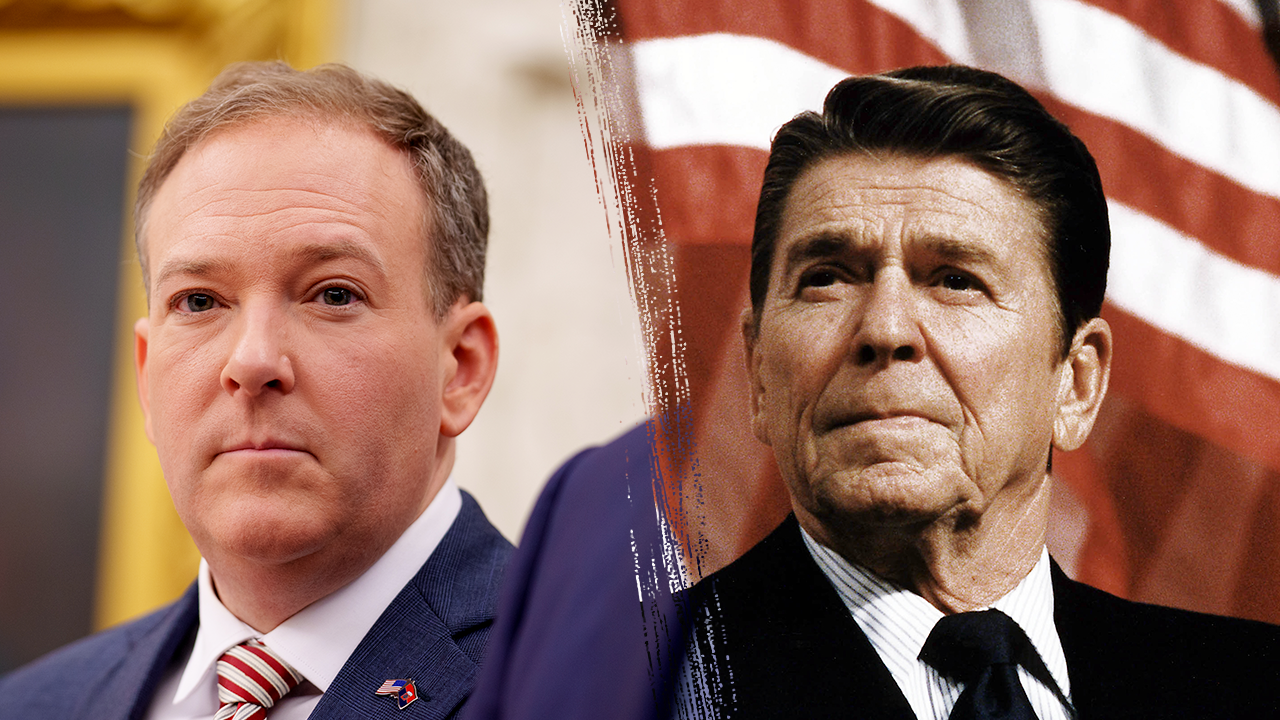
 Politics1 week ago
Politics1 week agoEPA chief Zeldin announces overhauls to bring agency back to Reagan-level staffing
